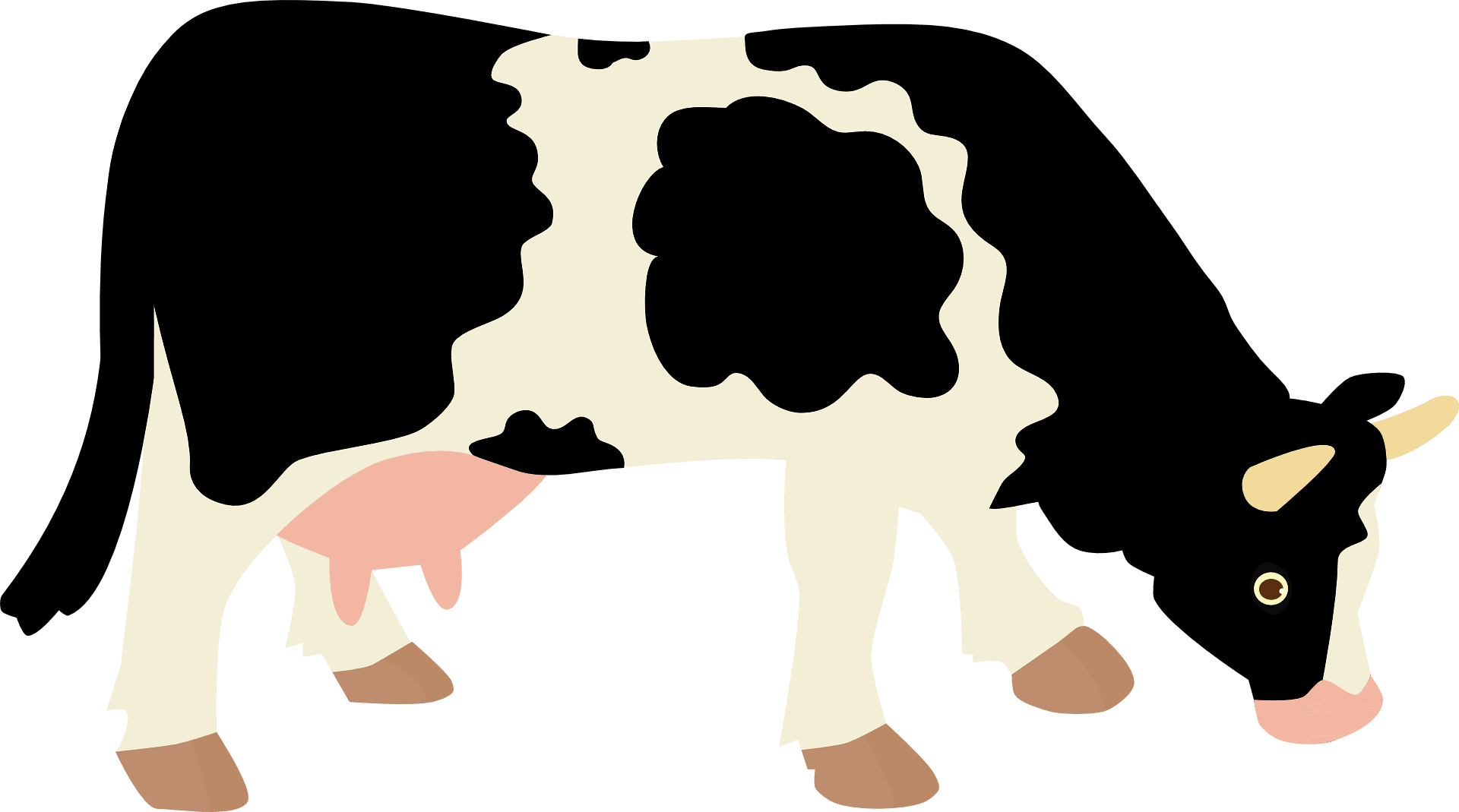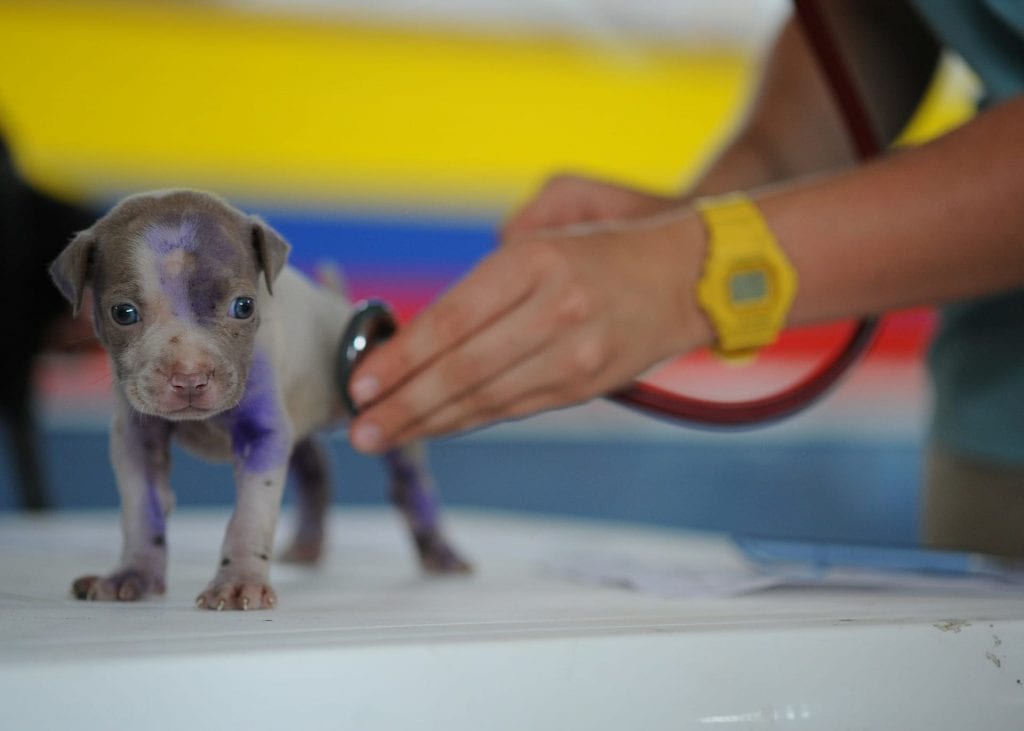

USDA transition to Single Tier Label Claim for all veterinary biologics
The USDA recently announced a transition to Single Tier Label Claim for all veterinary biologics. Effective for all newly licensed vaccines, the decision retroactively applies to all currently licensed vaccines over the course of several years. This change promotes label clarity for both veterinarians and pet owners and reduces some of the competitive confusion between vaccine label claims. Within the single tier label claims, the duration of immunity (DOI) verbiage reflects challenge data specific to the individual vaccine. Understanding DOI determination sheds important light on how we, as veterinarians and as pet owners view this information.
To place the duration of immunity on a canine or feline vaccine label, the USDA requires that companies prove that the individual vaccine provides protection against the disease in question for the timeframe indicated. Otherwise, while still needing to prove safety and efficacy, the label recommends that the pet owner consults with the veterinarian for the timing of revaccination. So how do we prove that a vaccine protects pets for a period of time?
Podcast: Free Audio File
If you prefer to listen to podcasts, feel free to play the audio version of this blog by clicking on the player above.
Podcast: Duration of Immunity
Length: pending
Written and read by the author

The word "vaccine' comes from the word for cowpox
Randomized clinical trials in a laboratory setting provide one of the strongest levels of data. Specific Pathogen Free (SPF) dogs or cats are vaccinated, held for the duration corresponding to the DOI in question, and then challenged with the infectious agent. If enough of the vaccinated animals are protected, and enough of the control animals are sick, then the requirements have been met to prove the duration of immunity.
Veterinary challenge studies capitalize on being unfettered by ethic constraints by utilizing the species in question for their challenge studies and yielding strong causal data. In days gone by, human medicine also took advantage of a same-species challenge. At the turn of the eighteenth century, Edward Jenner, the man who would become known as the father of immunology, tested his theory that inoculation with cowpox could provide protection against deadly smallpox sweeping the land. In his documentation, Jenner stated that his gardener’s eight-year-old son “volunteered” for this novel inoculation method – this “volunteerism” would almost be believable if the study did not include multiple live challenges with the deadly smallpox virus. Luckily for the boy, modern medicine, and Jenner’s topiary collection, the cowpox successfully immunized the child against smallpox. Scientists, when not conducting experiments on employee’s children, used the medical term of “vaccinia” to describe cowpox infection, which subsequently lent its name for the term “vaccination.”

Single Tier Vaccine Label Claim Benefits Pets and their Pet Parents
Today, beyond animal challenge studies, human medicine employs widespread serology in human sentinel groups, adjustments according to disease incidence, use of animals as disease sentinels, and mathematical modeling to establish DOI guidelines for a specific disease. Even without these advanced methods, the current method for pets provides a consistent, practical framework. The same-species challenge model provides useful data but must be used judiciously. Through collaboration with biostatisticians, minimum sample size calculation permits data collection while minimizing the number of dogs and cats sacrificed. So, the next time we ask for more data, longer DOIs, or consider new cross-protective hypotheses, we must counterbalance the potential learnings with the lives that it would cost.
The new Single Tier Label Claim supported by the USDA maintains the quality assurance of a safe and efficacious product and provides clarity to DOI. By minimizing label variation and streamlining the process, the USDA also reduces the number of animals sacrificed in testing.
[amazon_link asins='1118553985,1935660020,0199946647,130526892X,1607951789' template='ProductCarousel' store='vetzone-20' marketplace='US' link_id='aa3e86be-ce1c-11e7-ae16-0944a45c35a3']